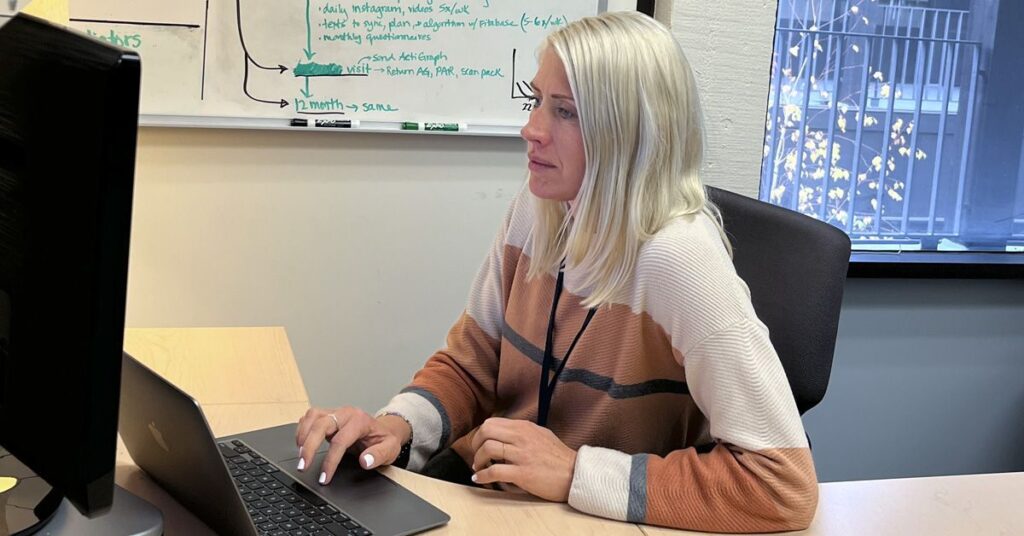“Muscle has long been neglected in health,” says Larsen. “Researchers have focused solely on fat. But muscle is a large, active metabolic tissue that is finally starting to get some attention.”
Larsen explains that the difference between muscle area and muscle density boils down to quantity and quality. A computed tomography scan renders a two-dimensional image of him. She says the area of a muscle is determined simply by the number of pixels in the image.
“Density is a little tricky. It's kind of a surrogate measure of muscle quality,” Larsen said. “This is actually a measure of how much fat has infiltrated into the muscle cavity. Within the muscle itself, how much is pure muscle? What is the fat content?”
The study also found no correlation between muscle and stroke in women as well as men. Researchers distinguished between coronary heart disease and cardiovascular disease, which includes stroke, which is a blockage in the arteries outside the heart.
“This shows that muscle density is not just a surrogate measure of overall health, frailty, and aging,” she says. “Otherwise, strokes and other consequences will also occur.”
Larsen said the study raises many more questions and possibilities for future research. For example, why do women seem to be exempt from muscle-coronary connections?
Larsen said the larger question concerns the biological mechanisms that facilitate connections between men's muscles and coronary arteries. She said genetics may be involved, but suspicions lie in diet and physical activity.
Co-authors of the paper from the Herbert Wertheim School of Public Health and Human Longevity Sciences at the University of California, San Diego include John Berettiere, Rowena M. Tam, and Rita Liu. Other UC San Diego co-authors include Matthew Allison, Michael Chriqui, and Jonathan Ankart of the UC San Diego Department of Family Medicine and Public Health. Robin L. McClelland, Department of Biostatistics, University of Washington. Iva Miljkovic, Department of Epidemiology, University of Pittsburgh; Chantal Vella, University of Idaho, Department of Exercise Science, and Pamela Ouyang, Johns Hopkins University School of Medicine.
The MESA study was funded in part by the National Institutes of Health (contracts N01-HC-95159, N01-HC-95160, N01-HC-95161, N01-HC-95162, N01-HC-95163, N01 -HC- 95164, N01-HC-95165, N01-HC-95166, N01-HC-95167, N01-HC-95168, and N01-HC-95169, approvals UL1-TR-000040 and UL1-TR-001079). The MESA Body Composition, Inflammation, and Cardiovascular Disease auxiliary study was funded by the National Institutes of Health (grant R01-HL-088451).


